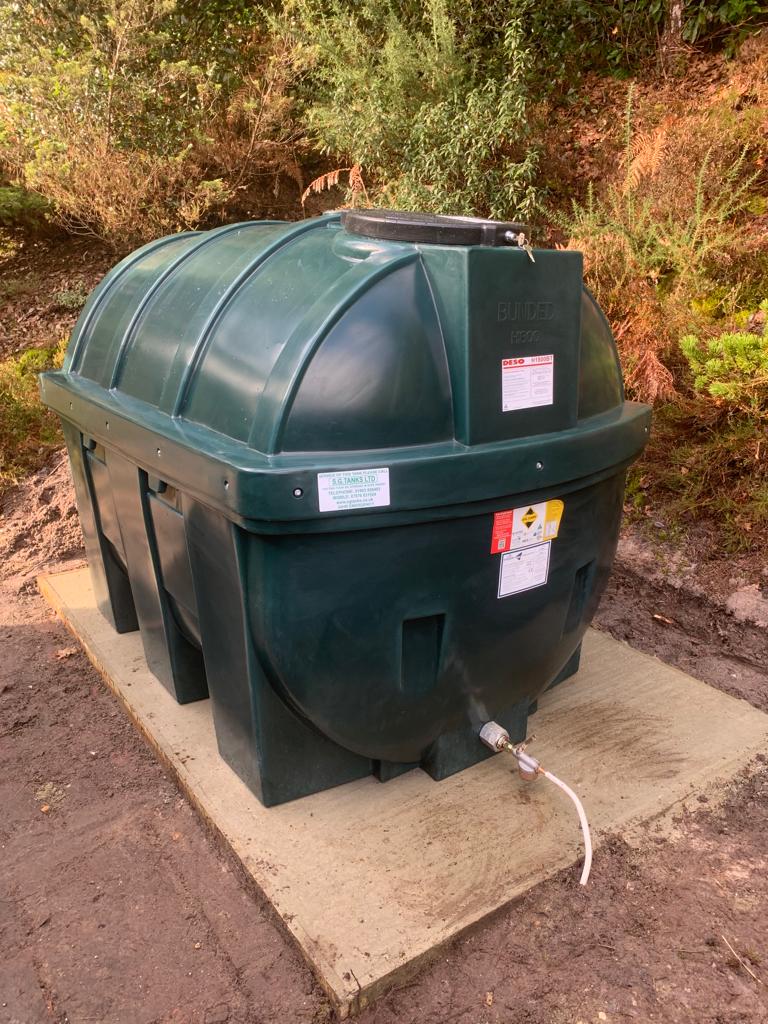
Oil central heating systems provide reliable warmth for millions of homes, particularly in rural areas where mains gas connections aren’t always available. While these systems offer excellent heating performance and independence from gas networks, they do require specific knowledge and maintenance that differs significantly from other heating methods.
This comprehensive guide addresses the unique aspects of buying an oil boiler home, from technical assessments to ongoing costs and regulatory requirements. Whether you’re a first-time buyer unfamiliar with oil systems or an experienced homeowner considering a property with this heating system already in place, the information here will help you make informed decisions.
How Oil Heating Works
Oil central heating operates through a relatively straightforward process that burns heating oil to generate warmth for your home. The system comprises several key components working together: an oil storage tank that holds the fuel supply, a boiler that burns the oil to heat water, and a distribution network of pipes and radiators that carry heated water throughout the property. The oil burner, located within the boiler, atomises the fuel and mixes it with air before ignition, creating a controlled flame that heats the water circulating through the system.
The fundamental difference between oil and gas heating lies in fuel storage and delivery. While gas systems receive continuous supply through mains connections, oil systems require on-site storage tanks that must be periodically refilled by tanker deliveries. This creates both advantages and responsibilities: you gain independence from gas network availability but must actively manage fuel levels and schedule deliveries.
Types of Oil Heating Systems
Modern oil heating systems come in several configurations. Conventional boilers are the traditional approach, while condensing boilers offer improved efficiency by capturing and reusing heat from exhaust gases that would otherwise escape through the flue, potentially reducing fuel consumption by 10-15% compared to older non-condensing models.
Combi boilers provide both central heating and instant hot water without requiring a separate storage cylinder, making them space-efficient solutions for smaller properties. Finally, system boilers work with a sealed heating system and stored hot water, offering good performance for medium to large homes with multiple bathrooms.
Pre-Purchase Assessment
The oil storage tank presents one of the most critical components to evaluate when buying a property with oil heating. Where the tank is located is critical, since it needs to comply with building regulations, usually requiring specific distances from property boundaries, buildings, and water sources to prevent environmental contamination in case of leaks. Modern installations favour bunded tanks that provide additional protection against oil spillage, while older single-wall tanks may require replacement to meet current environmental standards.
Examining the condition of the tank involves looking for signs of corrosion, dents, or structural damage that could compromise integrity. Check for oil staining around the tank base, which might indicate past or current leaks that will require immediate attention. The age of the tank is also crucial, as most installations have a lifespan of 15-20 years before replacement becomes necessary.
Financing Your Heating System
Oil heating costs fluctuate significantly based on global oil markets, seasonal demand, and delivery logistics. Unlike gas prices that remain relatively stable with monthly billing, the price of oil can vary substantially between deliveries, requiring careful budgeting and timing considerations. Winter months typically see higher demand and prices, while summer purchases may offer better value, though this requires adequate storage capacity and fuel management.
System upgrades or replacements represent significant financial commitments that should factor into property purchase decisions. Replacing oil boiler systems with a modern condensing unit typically costs £3,000-£5,000 including installation, while complete system overhauls including new tanks, pipework, and radiators can exceed £10,000.
Government grants and incentives occasionally support heating system upgrades, particularly when switching to renewable alternatives or improving efficiency ratings. Research the available schemes and factor potential grants into your upgrade cost calculations, though don’t rely entirely on incentives that could change or expire.
Tank insurance options provide protection against replacement costs due to corrosion, accidental damage, or theft of fuel. While they’re not mandatory, insurance can provide peace of mind and financial protection for expensive replacement scenarios. Consider the age and condition of your existing tank when evaluating your insurance needs, since older installations might be considered riskier and require additional coverage.
Fuel Management
A successful oil heating system depends on active fuel management, including regularly monitoring oil levels and your consumption patterns. Most tanks include gauges or dipsticks for level checking, though electronic monitoring systems provide more accurate readings and can alert you to delivery needs. Paying attention to your seasonal consumption patterns will help you predict your fuel requirements and optimise deliveries.
Oil central heating systems remain a practical and effective choice for homes without access to mains gas, offering dependable warmth and fuel autonomy. With proper planning and maintenance, an oil-heated home can be both comfortable and cost-effective for years to come.
SG Tanks offers a wide variety of high-quality, custom-made steel oil tanks, ensuring we will have the ideal model for your needs. Contact us today to discuss your needs or for expert advice.
